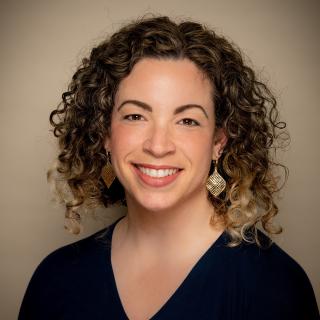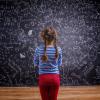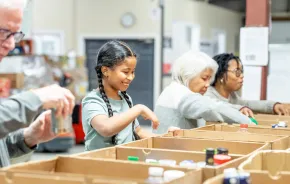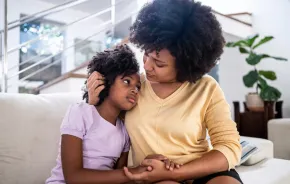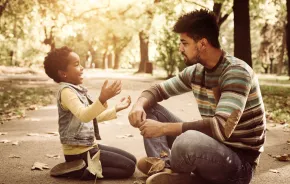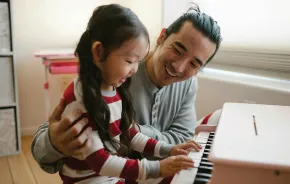 As I write this editor’s note, weeks before this magazine will reach your reader hands, my two children are in the kitchen baking scones for their Seattle teachers, who are about to begin a strike. Instead of starting third and fifth grades tomorrow, my kids are planning to walk the picket line at our neighborhood school, handing out breakfast (they’ve planned cookies for an afternoon snack, too). Needless to say, the kids are thrilled on many levels, not the least of which is that apparently summer is stretching on longer than anyone thought it could. Although a strike isn’t the ideal way to begin a new school year, I am comforted by two facts: First, my daughters are getting a pretty good, real-life lesson in social studies, labor law, union history and politics. And secondly, they have been handed the unique opportunity to now support their teachers the same way those teachers have supported them over the years.
As I write this editor’s note, weeks before this magazine will reach your reader hands, my two children are in the kitchen baking scones for their Seattle teachers, who are about to begin a strike. Instead of starting third and fifth grades tomorrow, my kids are planning to walk the picket line at our neighborhood school, handing out breakfast (they’ve planned cookies for an afternoon snack, too). Needless to say, the kids are thrilled on many levels, not the least of which is that apparently summer is stretching on longer than anyone thought it could. Although a strike isn’t the ideal way to begin a new school year, I am comforted by two facts: First, my daughters are getting a pretty good, real-life lesson in social studies, labor law, union history and politics. And secondly, they have been handed the unique opportunity to now support their teachers the same way those teachers have supported them over the years.
I think of that long story of teacher support — from the P.E. teacher who taught both daughters to ride bicycles, to the fifth-grade teacher who taught my older child how to make a better PowerPoint than I can, to the first-grade teacher who deeply respected and understood my younger daughter’s unique, meandering mind — and I feel grateful. My kids have benefitted from educators who care about them, nurture them, and push them to be responsible for their actions. A wonderful teacher is one of the biggest gifts a child can receive, a gift that makes an impact for life. And one of the most impactful lessons any mentor or adult can impart is something we explore in-depth in this year’s feature, “The science of failure”: it’s OK to make mistakes. In fact, ignorance — not knowing the answer, doing the wrong thing — is the fuel for discovery. Our collective human knowledge all stems from that simple word: ignorance. Isn’t that incredible?
In this pressure-cooker age of high-stakes testing and “finding your passion” we as parents should be focused not on pushing our kids to succeed as much as possible as soon as they can, but on the process of inquiry. That process might be littered with failures. It likely will be. But on a curiosity-driven journey of inquiry, our children will develop into learned humans. More than good grades, diplomas, or high-paying jobs, what I want for my daughters is just that: a passion for learning, in all its forms. Whether they are making calculations to solve climate change, engineering a piece of jewelry in a 3-D printer (“Welcome to lab land”) or measuring dough for strike scones, may our children always be learning.




